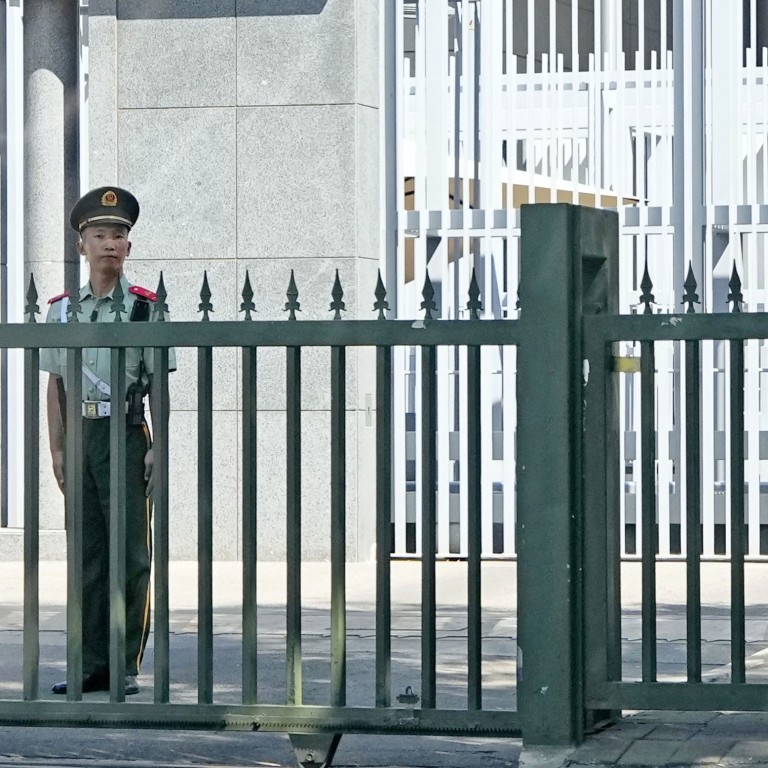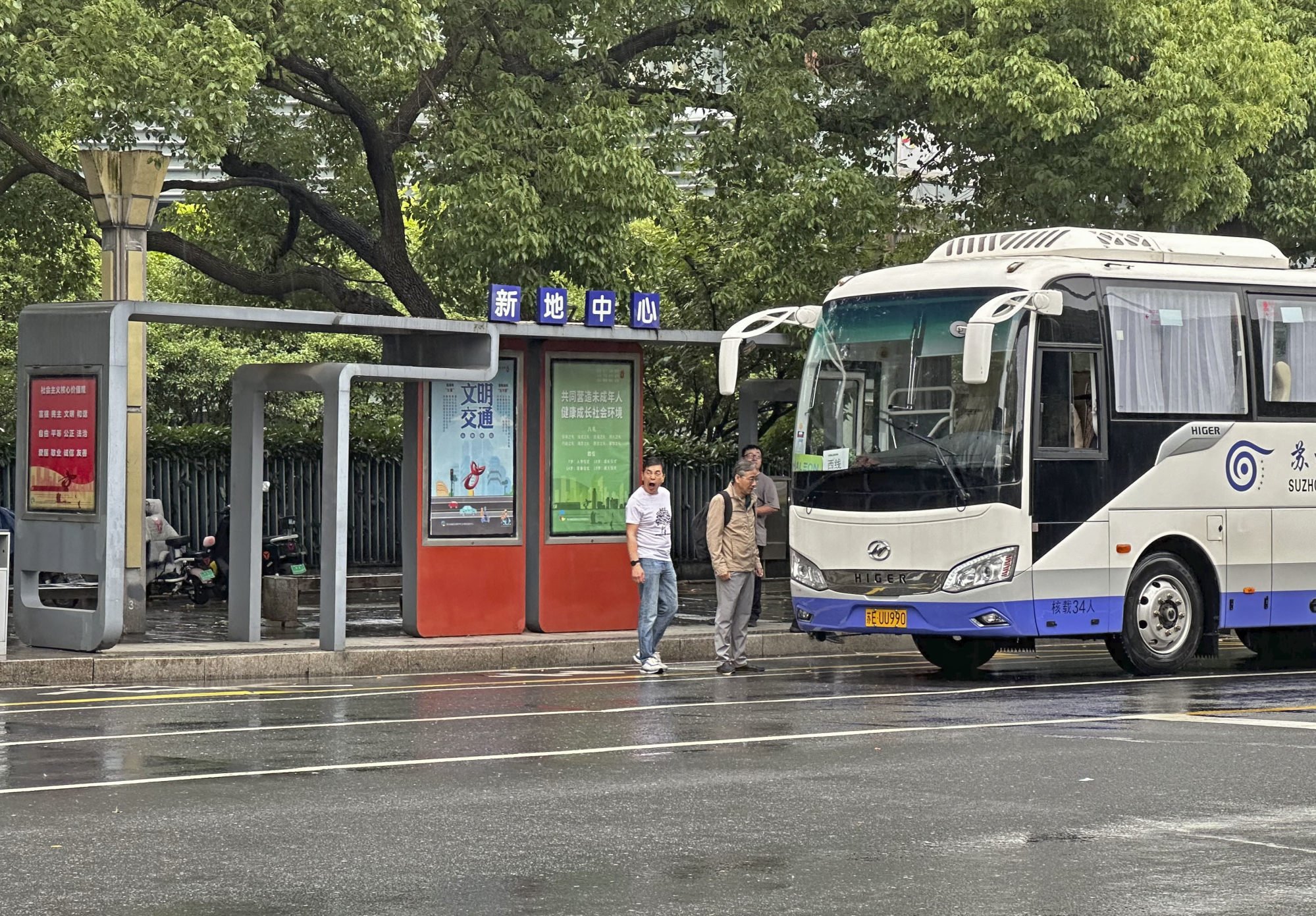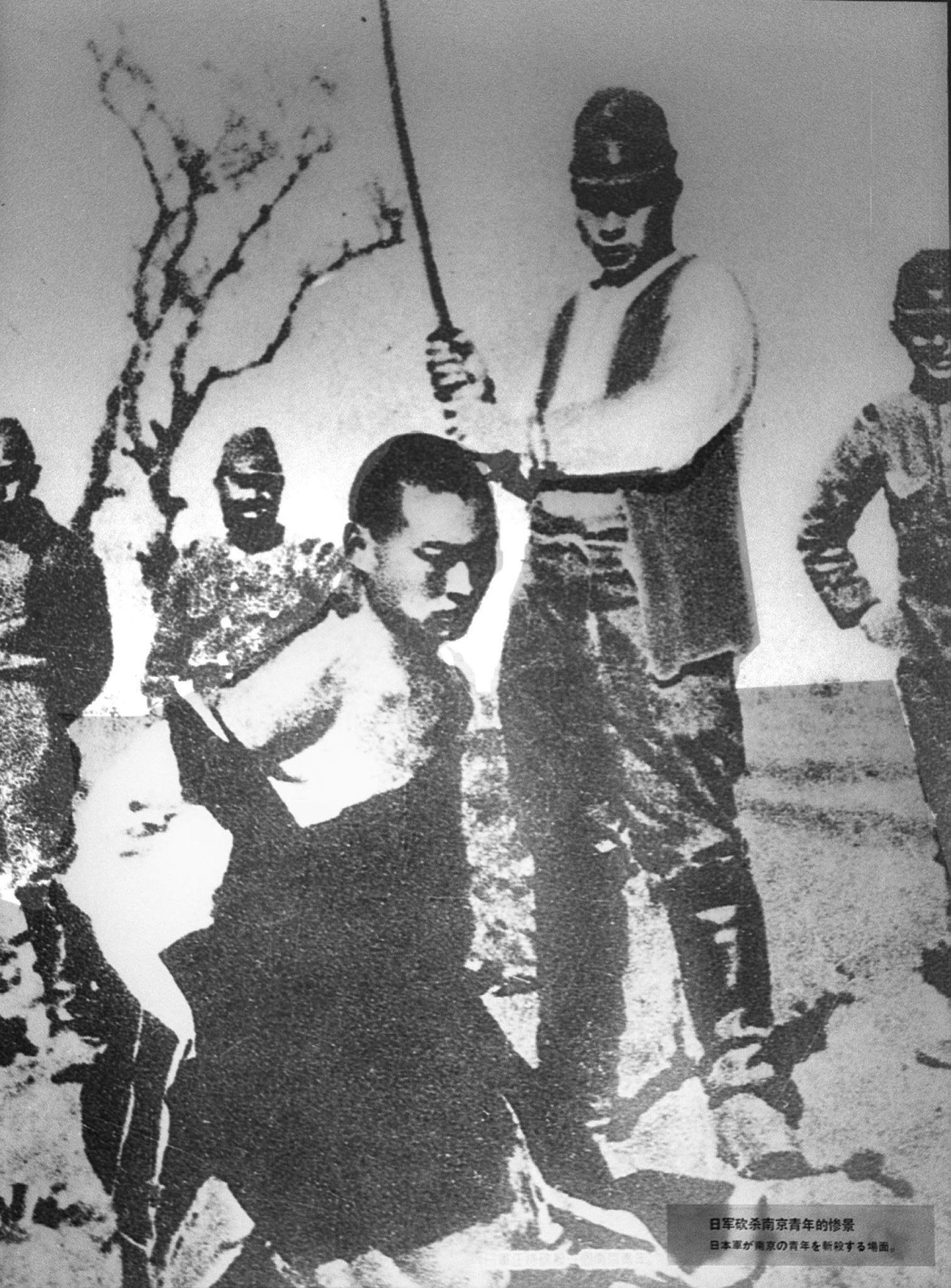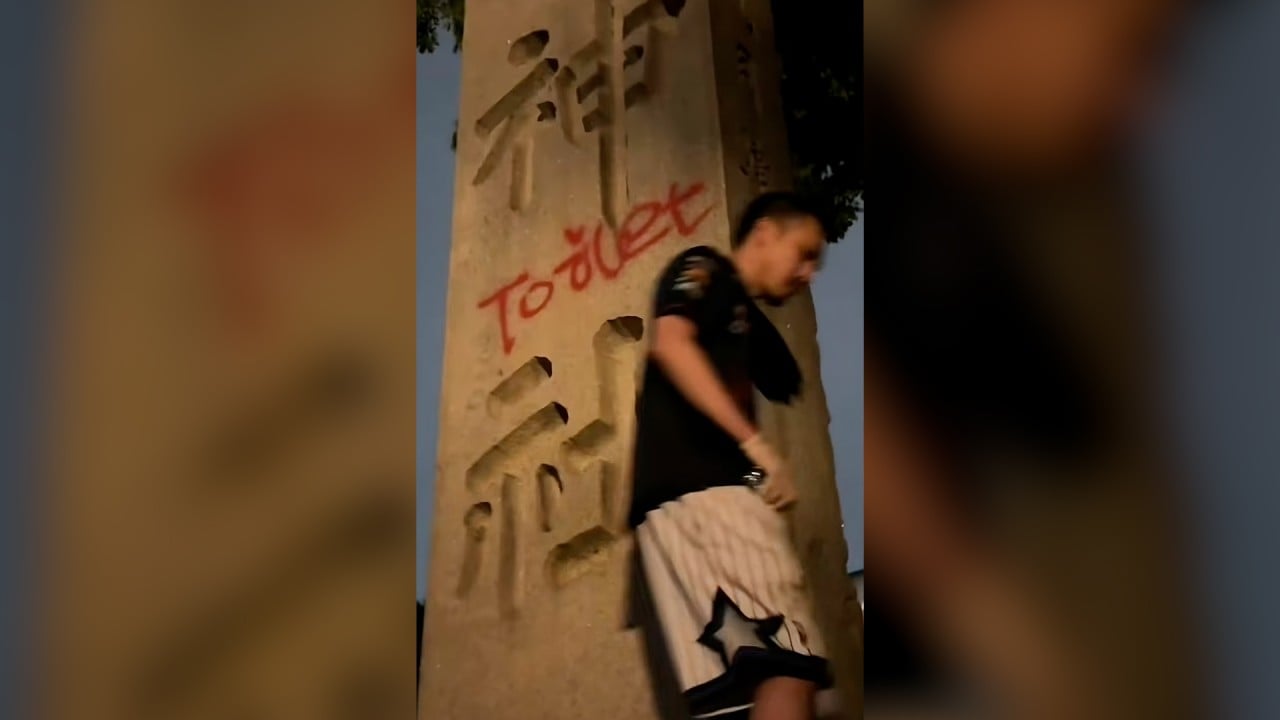
Outrage in Japan as ‘indoctrination’ blamed for stabbings of woman, child in China
- Observers say anti-Japanese sentiment in China verges on ‘irrational hatred’, urge Japanese companies to recall families of staff overseas
The woman, who has not been identified but is in her 30s, and her preschool age son were apparently attacked on Monday along with a Chinese woman as they waited for a bus to her other child’s Japanese school in the city of Suzhou in Jiangsu province.
The city is a key location for many Japanese corporations’ operations in China and has a sizeable Japanese expatriate population, as well as Japanese schools and shops.
The woman and her child were treated at a local hospital and did not sustain serious injuries, although the Chinese woman was in a critical condition, Jiji Press reported.

A Chinese foreign ministry spokesman on Tuesday called the knife attack an isolated incident and said it could have happened in any country in the world.
The embassy called on Japanese to pay “careful attention to the surrounding situation”, pointing out that there had been a number of stabbing incidents in China in recent months. The Suzhou Japanese school was closed on Tuesday, and other Japanese schools around the country have been instructed to step up security.
“Behind these kinds of incidents are years of anti-Japanese and anti-US propaganda promulgated by the Chinese government,” said Yoichi Shimada, a professor of international relations at Fukui Prefectural University.
“It is no secret that the atmosphere and feelings against Japanese and Americans in China have been steadily getting worse, and I see no other source of that dislike, which sometimes – as in this case – verges on irrational hatred,” he told This Week in Asia.
Chinese children are taught from a young age about the Japanese invasion of mainland Asia in the early decades of the last century, along with the atrocities committed in Nanjing and elsewhere during the conflict, Shimada told This Week in Asia.
State media was also constantly attacking Tokyo over its support for Taiwan, the sovereignty of the disputed Diaoyu Islands in the East China Sea and other sources of bilateral tension, he said.
“Given that, it is not really a surprise when eventually someone decides to attack a Japanese person,” Shimada said.
“I believe the Japanese government should demand that the Chinese government halt its unreasonable anti-Japanese propaganda, but I do not expect that to happen as this government is simply too weak-kneed,” he said.

And if Tokyo was not ready to act, Shimada said, then Japanese companies should withdraw dependants of the staff they had dispatched to their Chinese offices in order to protect them.
“If they do not, then women and children will be living in constant danger,” he added.
Messages on Japanese online media coverage of the incident were broadly in alignment with Shimada’s position.
“This was not an accident or a drunken incident, but the fact that they are targeting foreigners is more frightening,” said one message on the Sankei Shimbun web page. “This was not something that happened in the heat of the moment; it was planned.”
Another claimed that in the past, Chinese authorities would punish attacks on foreigners severely, but the police seemed to be “more lenient now because of the anti-Japanese sentiment”.
One user urged the foreign ministry to impose an emergency travel ban on China and order Japanese there to return home.
On the Japan Today website, a message read, “Probably a hate crime. And that is exactly what the Chinese government teaches and encourages.”
“It beggars belief that any Japanese person – let alone a Japanese mother and her children – would take the risk of being in China,” another poster said. China is “a place where the government endlessly whips up anti-Japanese fervour, which no doubt encourages the targeting of Japanese citizens”.
Min Zhengwan, a Chinese national who works for an electronics company in Tokyo, said the growing antagonism between the two nations was “very unfortunate and unnecessary”.
“I have never felt threatened in the 20 years that I have lived in Japan,” he said. “But I accept that people who do not speak the language or are in low-wage and low-skilled jobs might face more problems,” he said.
“Even when I was a boy, there were always anti-Japanese films and soap operas on television in China, and it seems that some people believe every word of those stories.”
“And that’s why we have people coming to Japan to urinate against the pillars at Yasukuni Shrine and cause stupid problems that are not necessary,” he added.
Additional reporting by Reuters


